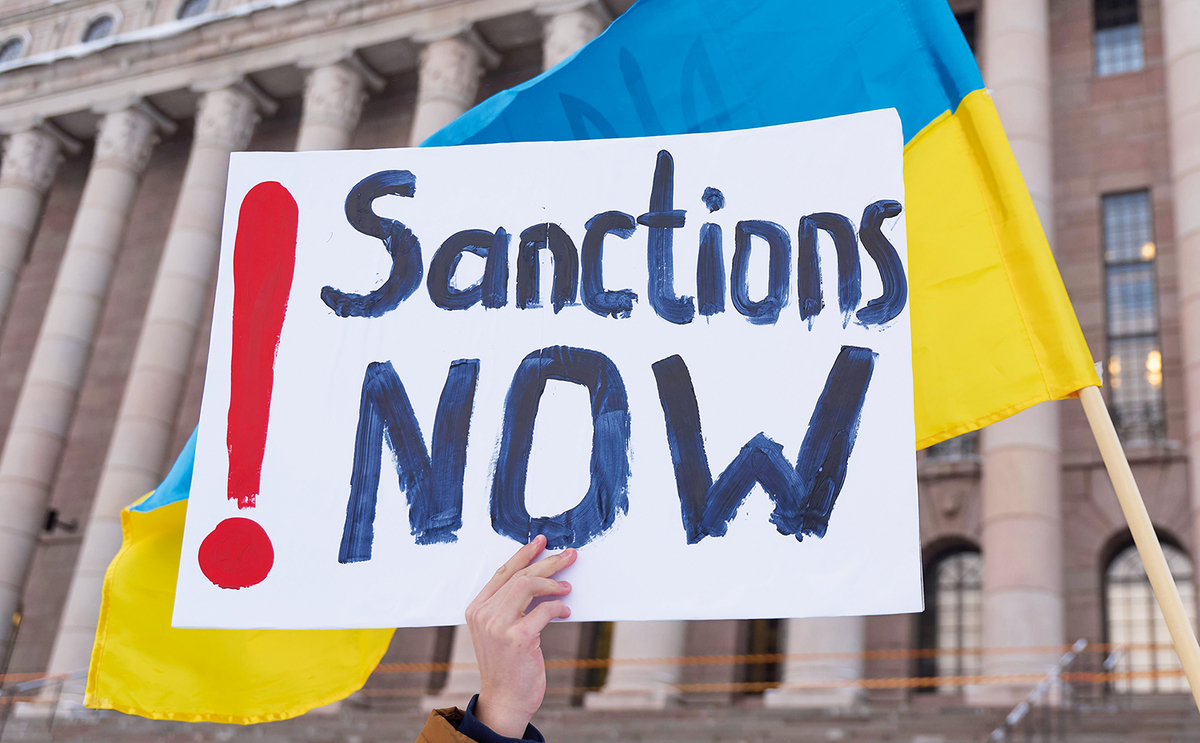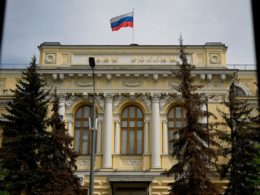The European Union plans to adopt its 16th package of sanctions against Russia on 24 February 2025, marking the third anniversary of Russia's full-scale invasion of Ukraine.
According to informed EU diplomats, the new package is intended to serve as a "clear signal" to Moscow.
The European Union has imposed sanctions on Russia in response to its military aggression against Ukraine, particularly following the illegal annexation of Crimea in 2014 and the full-scale invasion in 2022. These sanctions aim to weaken Russia's economic base, restrict access to critical technologies, and limit its ability to finance the ongoing war.
The new package will target "specific sectors of the Russian economy that have not been covered at all or have been covered insufficiently so far," EU diplomatic sources report.
It will also expand sanctions against individuals and organizations "considered to be propagandists of the Russian regime and responsible for undermining Ukraine's territorial integrity."
The European Commission and the European External Action Service are seeking to impose entry bans and asset freezes on individuals involved in espionage activities for Russia and participation in disinformation campaigns, including operations in Germany.
"It would be challenging to track the involvement of individuals in so-called hybrid Russian attacks and prove their complicity," Brussels officials said. This uncertainty leaves the final decision on sanctions related to Russian espionage and disinformation activities pending.
The EU's previous sanctions package, its 15th, was adopted on 16 December. It targeted 52 vessels from Russia's shadow fleet with port access restrictions and service bans. The 15 th package also marked the EU's first-ever sanctions specifically addressing Russian hybrid attacks.
Read also:
- UK announces new sanctions against Russia and £35 million of emergency support for Ukraine
- EU representative warns “Putin won’t stop until stopped” as bloc hits Russia with new sanctions
- EU targets Russian intelligence with first-ever disinformation sanctions





